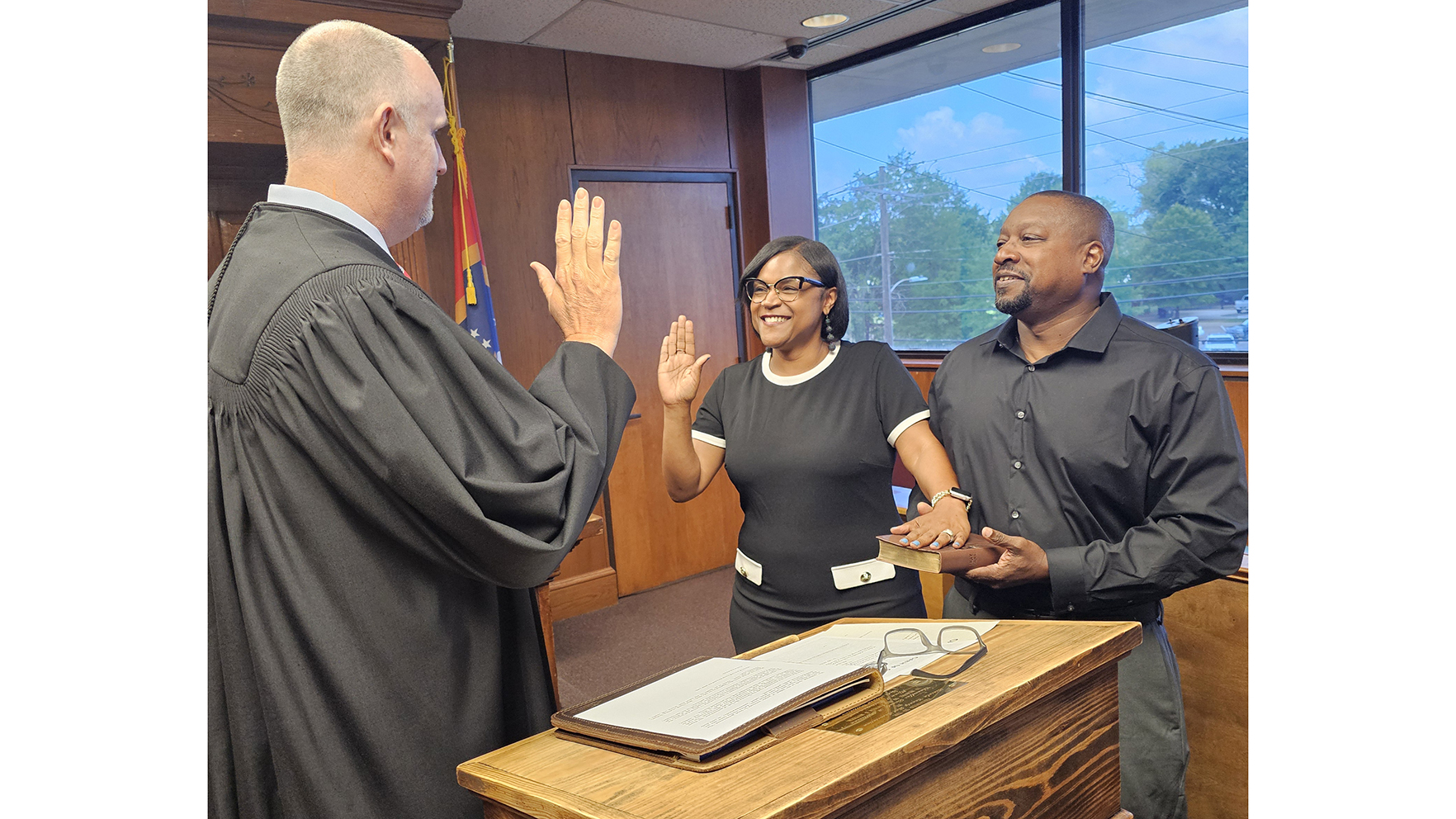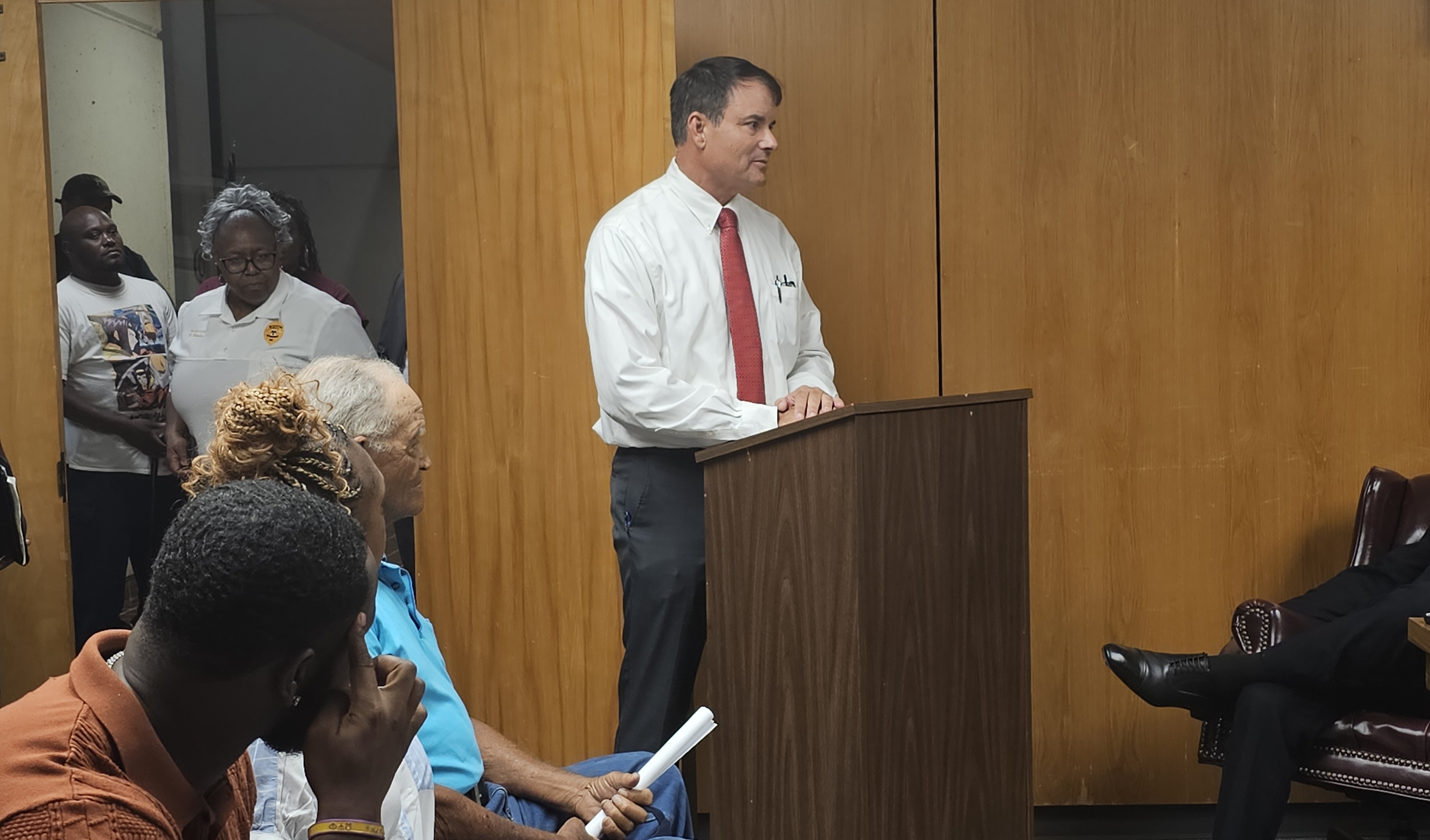Mississippi vows further appeal after loss on abortion ban
Published 12:08 pm Monday, December 16, 2019
(AP) — Mississippi’s outgoing governor vowed Saturday to ask the U.S. Supreme Court to uphold Mississippi’s ban on abortion at 15 weeks.
“We will sustain our efforts to fight for America’s unborn children,” Republican Phil Bryant wrote on Twitter. “Mississippi will continue this mission to the United States Supreme Court.”
The call came a day after a federal appeals court ruled the ban was unconstitutional. But supporters of the Mississippi ban, and those like it passed in other states, have been aiming for the Supreme Court all along. They hope that new conservative justices will spur the high court to take up abortion challenges and overturn its 1973 Roe v. Wade ruling legalizing abortion rights nationwide.
Mississippi’s ban at 15 weeks of pregnancy has never taken effect. It was blocked by U.S. District Court Judge Carlton Reeves in 2018, a move the New Orleans-based 5th Circuit ruled was correct.
The only abortion clinic in Mississippi sued the state after Bryant signed the law. The clinic said it provides abortions until 16 weeks.
The Center for Reproductive Rights, which represented the abortion clinic in its appeal, said that the state is wasting money trying defend abortion bans.
“The Fifth Circuit recognized today what is obvious: Mississippi’s abortion ban defies decades of Supreme Court precedent,” Hillary Schneller, senior staff attorney at the Center for Reproductive Rights, said in a statement. “With this ruling, Mississippi — and other states trying to put abortion out of reach — should finally get the message.”
That message is unlikely to be received in Mississippi, though, where almost all Republican lawmakers and even some Democrats have opposed abortion. Mississippi legislators came back in 2019 and passed a more restrictive law to ban most abortions at about six weeks. The same federal district judge blocked that, too, and a legal fight over it continues. While Bryant is leaving office in January, he will be succeeded by Republican Lt. Gov. Tate Reeves, also an abortion opponent.
Attorneys representing the state of Mississippi had argued that the 15-week law was a regulation but not a ban, and that states are allowed to regulate abortion.
A central question in the case is about viability — whether a fetus can survive outside the woman at 15 weeks. The clinic presented evidence that viability is impossible at 15 weeks, and the appeals court said that the state “conceded that it had identified no medical evidence that a fetus would be viable at 15 weeks.” The judges cited a Supreme Court ruling to say Mississippi can’t ban abortion before viability.
“In an unbroken line dating to Roe v. Wade, the Supreme Court’s abortion cases have established (and affirmed, and re-affirmed) a woman’s right to choose an abortion before viability,” Judge Patrick Higginbotham wrote for the court. “States may regulate abortion procedures prior to viability so long as they do not impose an undue burden on the woman’s right but they may not ban abortions.”
When Reeves ruled in November 2018 that the Mississippi law was unconstitutional, he wrote that the “established medical consensus” is that viability typically begins at 23 to 24 weeks after the pregnant woman’s last menstrual period.
The Mississippi law would allow exceptions to the 15-week ban in cases of medical emergency or severe fetal abnormality. Doctors found in violation of the ban would face mandatory suspension or revocation of their medical license.
Reeves’ ruling on the Mississippi law put a similar law in Louisiana on hold. The 15-week abortion ban signed by Louisiana Democratic Gov. John Bel Edwards in 2018 included a provision that the law would take effect only if a federal court upholds Mississippi’s 15-week ban.





